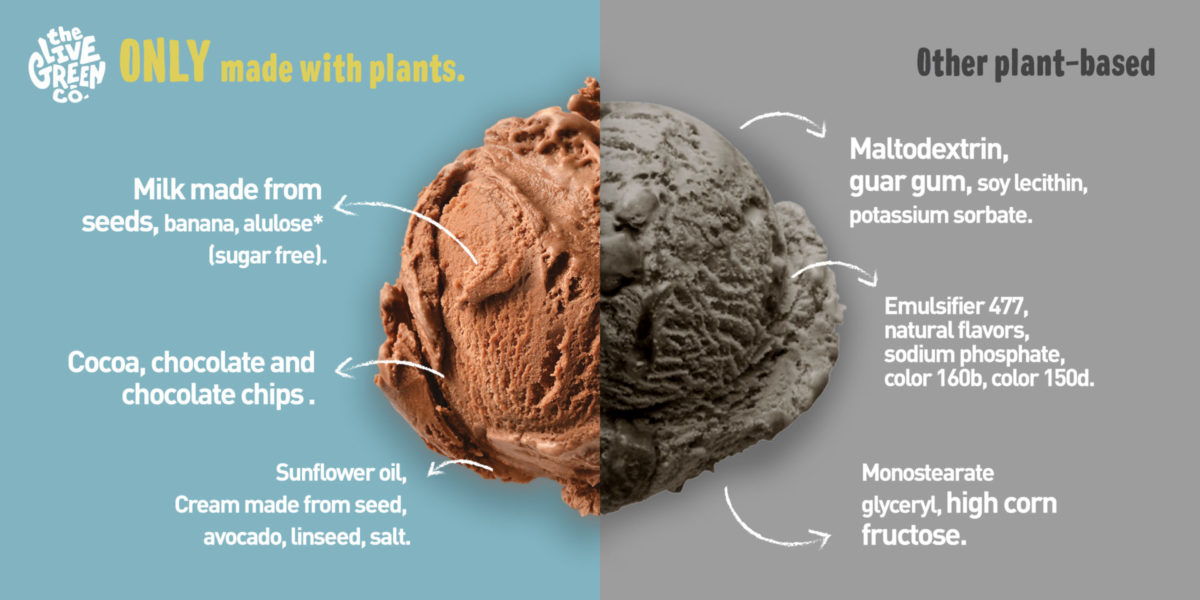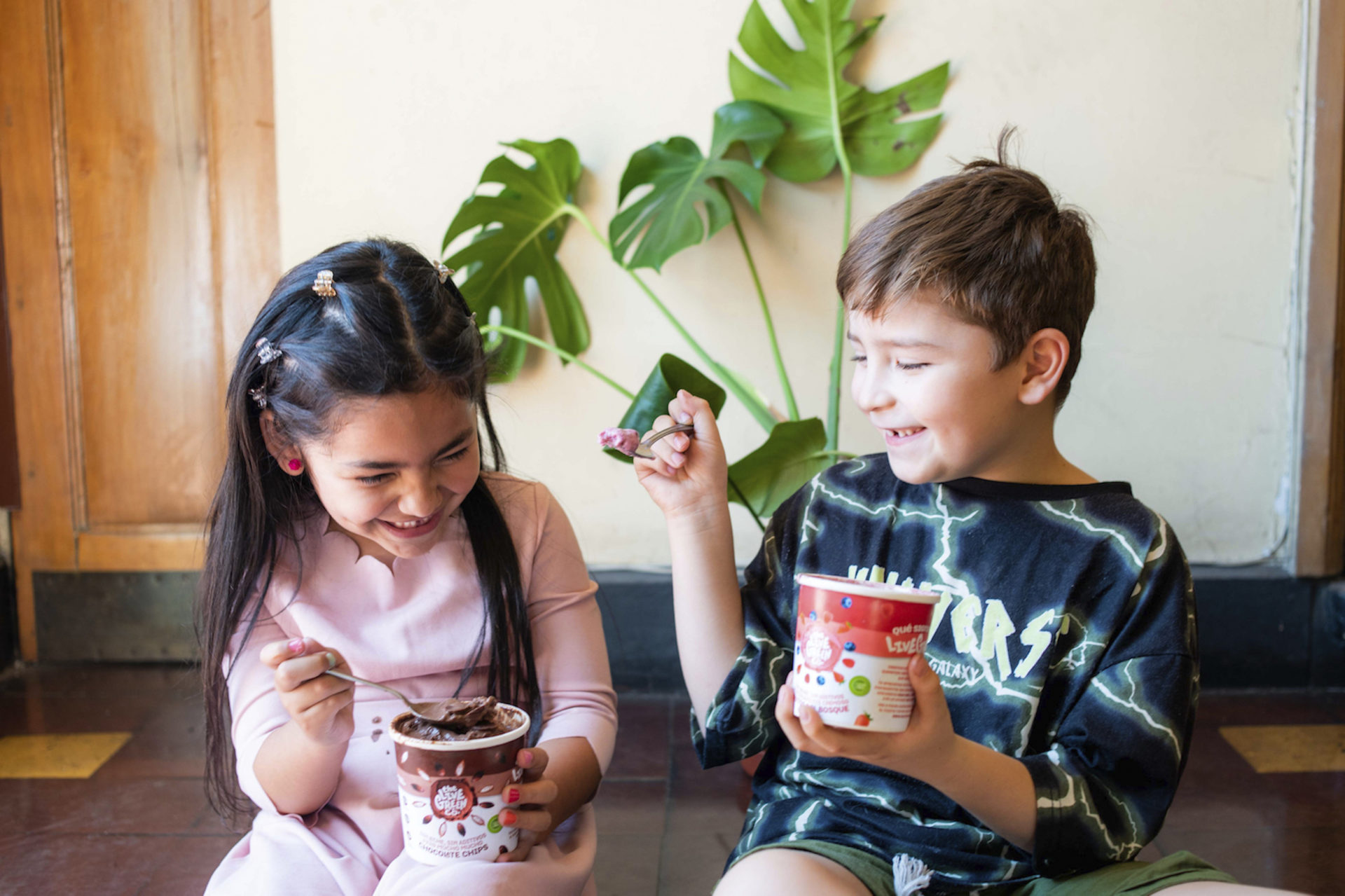As the coronavirus pandemic continues to keep global and personal health at the forefront of the conversation, a Chilean startup is doubling down on its mission of using artificial intelligence to make our food less artificial.
Founded in 2018, The Live Green Co has been developing its own AI recommendation engine that uses data about plants to prescribe 100% natural plant alternatives to the animal, synthetic, and highly processed additives in food products.
Called Charaka, the proprietary machine learning software delivers results “at a fraction of” the time and cost of traditional R&D.
Changing diets
Studies coming out of different parts of the world show that a growing number of consumers are transitioning to a diet centered around plant foods instead of meat in the wake of COVID-19.
In the United States alone, 57% are eating fewer animal products since the advent of the health crisis, motivated by a desire to make a healthier food choice and wanting to live a more sustainable lifestyle.

Priyanka Srinivas, founder of The Live Green Co (Image credit: The Live Green Co)
The Live Green Co, according to its founder Priyanka Srinivas, is working to produce formulations that promise to deliver cleaner, more nutritious, and more sustainable food products at scale.
Broader vision
Charaka not only suggests new and unique flavors but also offers clean labels, functional ingredients, and sustainable production and packaging that contribute to the United Nations Sustainable Development Goals in the food industry and beyond. This is what makes the startup stand out from the crowd.
Research shows that more than half of Americans’ calories come from “ultra-processed foods,” which are often high in sugar, fat, and empty calories.
Health experts say people who have four daily servings of ultra-processed foods such as candy, soft drinks, or pizza are increasing their risk of premature death by 62%. The increase in consumption of heavily processed foods has for years been linked to higher global rates of cardiovascular diseases, cancer, obesity, and hypertension.
All this is happening while nature offers 450,000 plants, 10 million compounds, and 1 billion data points to analyze and use.
Charaka is currently built up of 15,000 plants and properties—approximately 500,000 data points—and provides alternatives to the more than 5,000 food additives approved by the U.S. Food and Drug Administration and the European Food Safety Authority.
Lines of products
Using its AI-driven engine, The Live Green Co has launched four lines of its own clean label products, namely burger mixes, pancake mixes, ice cream, and formulations made of 100% natural herbs and spices with bioactive compounds.
All these products are in high demand across markets in the Americas, including the U.S., Chile, Peru, and Mexico.
As perceived higher cost remains the main barrier to healthy and sustainable diets, Charaka can help change the status quo for the better. Its plant-based ice cream formulation, for instance, was developed in just 90 days and cost $15,000.

Image credit: The Live Green Co
How it works
Charaka leverages data from different distinct sources. One of them is the existing scientific research that has validated certain plants, plant parts, and compounds.
The Live Green Co says of more than 500,000 plants and plant parts that exist, only an estimated 2 to 3% have been explored by modern science.
Since many plant uses prescribed in ancestral wisdom have not been validated by modern science, the startup does not use just any information from this source. It validates this data via the third party research available.
Another source is the company’s own scientific R&D. The Live Green Co has a team of scientists that analyzes various ancestral plant wisdoms and validates them by examining their nutritional, organoleptic, physicochemical, and molecular properties.

Image credit: The Live Green Co
The road behind and ahead
The Live Green Co has already proved to be a formidable force in the food industry.
Priyanka was named one of the 100 Women Leaders in Chile in 2020, and her company was recently recognized among the top 500 food tech companies in the world.
Also, it has earned the support of a number of international accelerators, including Chile’s government accelerator Start-Up Chile as well as Puerto Rican and German accelerators.
If past achievements are any indication, a bright future is awaiting the Latin American-based startup who is determined to make a dent in the global plant-based food and beverage alternatives market, which is forecast to grow beyond $32 billion by 2027.
Disclosure: This article includes a client of an Espacio portfolio company.












